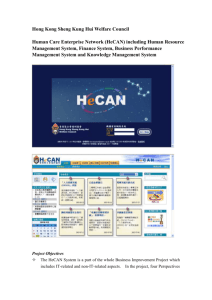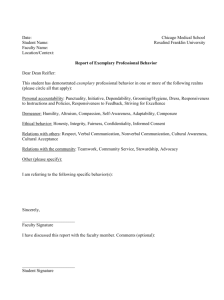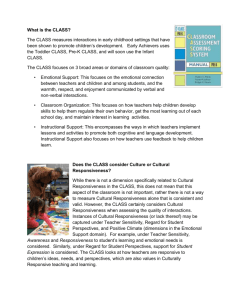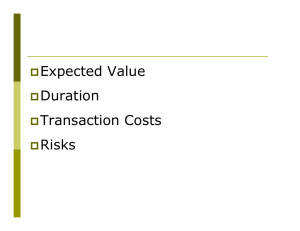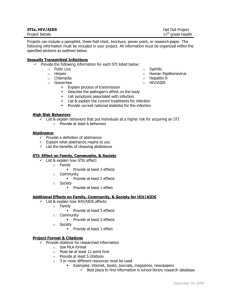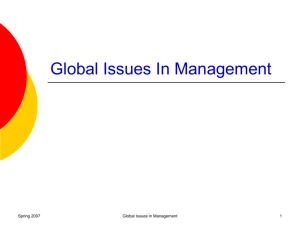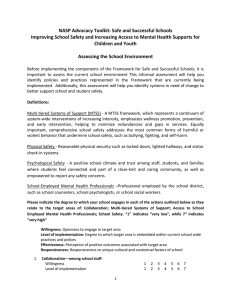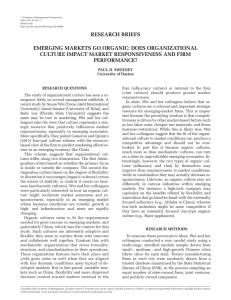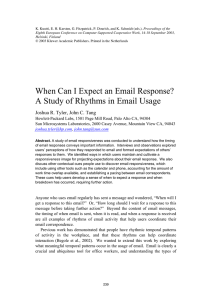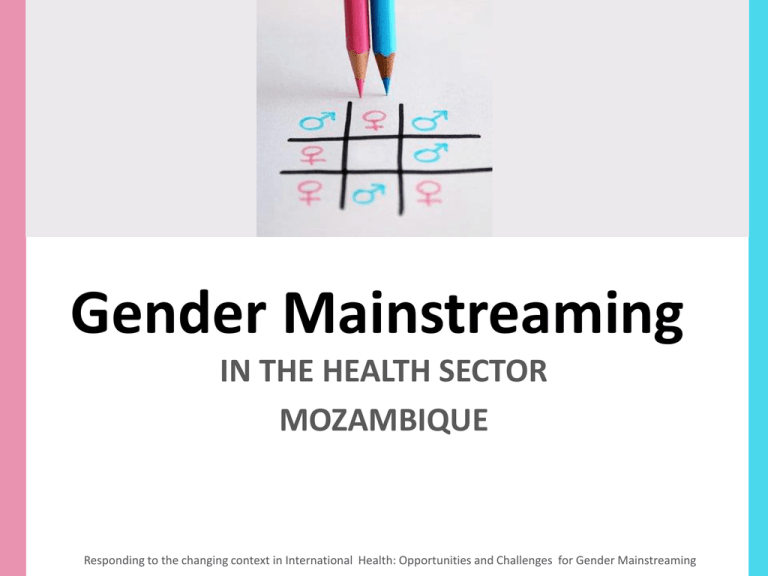
Gender Mainstreaming
IN THE HEALTH SECTOR
MOZAMBIQUE
Responding to the changing context in International Health: Opportunities and Challenges for Gender Mainstreaming
Agenda
• Where are we?
• Main Health Problems
• Strategies to Ensure Gender Responsiveness and
Increased Resources for women
• Capacities needed to Equitable Development
Results
• Q&A
Where are We?
•
•
•
•
Illiteracy rate and protective role of education
Coverage of health services
Quality of health care services
Accessibility to health care
Where are We?
• PARP (Action Plan for Poverty Reduction)
• National Gender Policy and Implementation Strategies
• National Action Plan on the Advancement of Women
• Health Sector Strategic Plan
• Strategies for Gender Equality in the Health Sector (incl.
Gender Responsive Planning and Budgeting)
Main Health Problems
• Men
– Die earlier,
– High risk behaviour
– Anti social behaviour
– Violence and trauma (work accident, car crash)
– Alcohol and smoking related diseases , e.g. lung
and hepatic cancer
Main Health Problems
• Women
– Live longer
– 1/3 of deaths related to sexual and reproductive
role:
o High maternal mortality rate, fistula ...
o High rates of STI/HIV/AIDS
– Malaria
– Tuberculosis
– Depression , anxiety (violence)
Strategies to Ensure Gender Responsiveness
and Increased Resources for women
• Situation analysis
• Research
– Gender and health equity at community level
– Constraints faced by women in the health workforce
– Male involvement in SRH
• Policy and Program development
– Women health
– Safe motherhood
– Human Resources Development
– Gender based violence
Strategies to Ensure Gender Responsiveness
and Increased Resources for women
• Human Resources
o Training on Gender:
• Curricula review,
• Health planners and
• Health care providers
o Reshaping of the human resources pyramid
o New policies on vehicle drivers, security personnel
and quota on students enrolment on paramedical
schools
Strategies to Ensure Gender Responsiveness
and Increased Resources for women
• Processes:
• SWAP
– Working Groups on Gender
• Different levels including on Health
• Identification of entry points for gendermainstreaming
• Advocacy
• Capacity building on G responsiveness
– Planners
– Programme managers of the entire Ministry
(Central level)
Strategies to Ensure Gender Responsiveness
and Increased Resources for women
• Processes:
• Identification of gender gaps at service
delivery
– SRH (maternal mortality, STI/HIV and AIDS)
– Communicable diseases (Malaria, Tuberculosis)
– Non Communicable diseases (violence, trauma,
diabetes, hypertension, mental disorders)
• Identification of women’s health diseases
– Cervix and breast cancer
Strategies to Ensure Gender Responsiveness
and Increased Resources for women
• Processes:
• Identification of gender gaps at health work
force
– Careers
– Managers
– Leadership
• Role of the Ministry of Planning and
Development
Capacities needed to Equitable
Development Results
• Gender
Gender Planning and
budgeting
• The exercise showed the shortcomings of the
systems
• Health information system
– Data partially disaggregated by sex (HR, STI/
HIV/AIDS)
– Under review
• Top down
bottom-up
Main Challenges
1. Slow process
3. Changes to be made simultaneously at
different levels
4. Understanding the constraints on providers
and working with them to effect
improvements in services
• Low morale and motivation
• Poor communication between management and
providers
Main Challenges
4. Development of tools for empowering
people
• Build a bottom-up quality assurance, through a
participatory process
• Ask community members in their homes ‘the likes
and dislikes’ of the local health centre
Main Challenges
5. Long term challenges
• Institutionalization: strong commitment is not
enough
• Gender awareness
• Women’s issues/ gender issues
Opportunities
• Political commitment
• Multi-sectorial approach (Coordinated by
Ministry of Women and Social Action)
• Development of Gender Machinery
• Definition of priorities to enable a focus
• Interactions with NGOs and other partners
(SWAP, etc.)
Thank you.
Q&A

